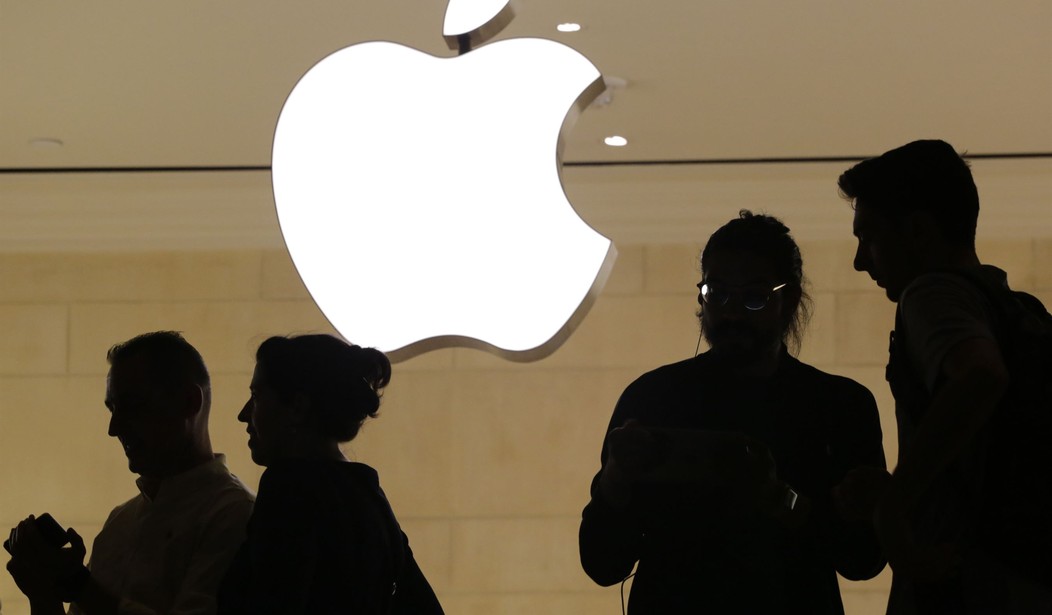After its last appeal to a class-action judgment went down the toilet, Apple may soon compensate its customers for hindering their iPhones’ performance. The tech giant had been sued for secretly diminishing the devices’ functionality to persuade customers to purchase a new phone.
Accordingly to SiliconValley.com, Apple may soon have to pay up after being entangled in a class-action lawsuit, which accused the tech giant of secretly diminishing phone performance in a scandal called “Batterygate.”
“Owners of some older iPhone models are expected to receive about $65 each after a judge cleared the way for payments in a class-action lawsuit accusing Apple of secretly throttling phone performance,” the outlet reported. The lawsuit included roughly three million claims, although some still need approval. The final individual payout number will be determined by the total number of approved claims.
The lawsuit dates back to 2018 when reports of Apple slowing down iPhones surfaced. In the lawsuit, Apple claimed that the spontaneous shutdowns resulted from technical difficulties associated with certain phones, including mismatched batteries and processing chips. The lawsuit claims that the tech behemoth tried to curtail the shutdowns through a software update, but merely just diminished phone performance even further.
In 2020, Apple agreed to pay $500 million to settle claims. This month, two iPhone owners, who had objected to the settlement, had their appeal quashed in the 9th Circuit Court of Appeals — a decision that effectively removed the last barrier to the agreed-upon compensation deal.
As reported by Santa Cruz Sentinel, “The phones at issue in the case were iPhone 6, 6s, 6s Plus, and SE devices running operating systems iOS 10.2.1 or later before Dec. 21, 2018, and iPhone 7 and 7 Plus phones running iOS 11.2 or later before that date.” Users reported that these devices would shut down unexpectedly, and would typically indicate a battery charge of over 30% just prior to shutting down.
The lawsuit finally shed light on what many iPhone users knew all along — Apple was deliberately hindering phone performance. The tech giant stated that it tried to fix the shutdown with software updates, but those didn’t really do a whole lot.
Related: You Won’t Believe What We’re Spending ONE TRILLION DOLLARS to Buy
Apple has previously commented on the challenges of software updates, noting that “lithium-ion batteries become less effective with time, repeated charging, extreme temperatures and general use.” The company further elaborated on the complexities of software updates, pointing out that they call for trade-offs. “Providing more features also introduces complexity and can reduce speed, and increasing features or speed may adversely impact hardware lifespan,” the company explained.









Join the conversation as a VIP Member